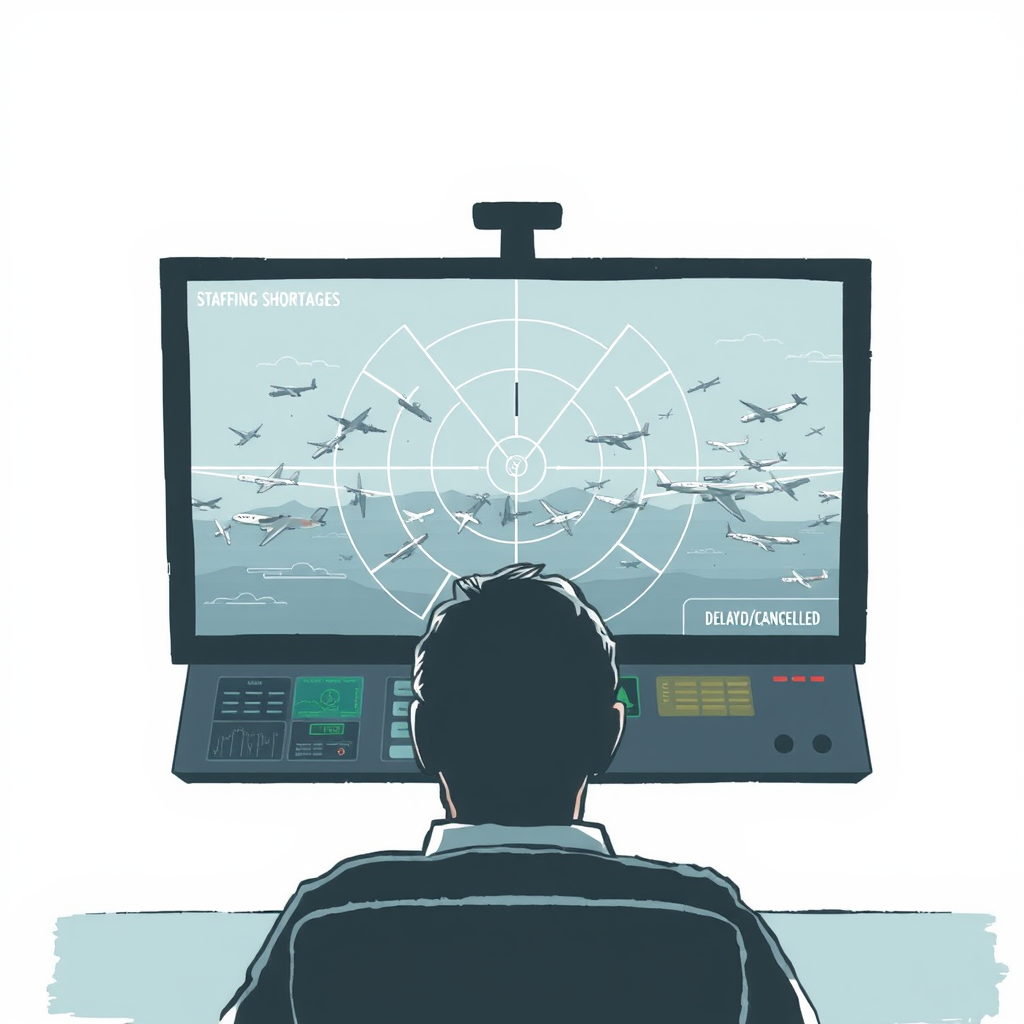Air Traffic Controller Issues Stark Newark Warning

Newark Liberty International Airport is facing a significant safety and operational crisis, according to an air traffic controller who spoke to MSNBC’s Tom Costello. The controller, who handles airspace over the New Jersey airport, issued a stark warning: “It is not safe. It is not a safe situation right now for the flying public,” and explicitly advised travelers to “avoid Newark at all costs.”
Costello reported substantial delays – approximately two hours on Friday alone – compounding a week of major disruptions stemming from chronic staffing shortages. The situation is further complicated by equipment failures, including the loss of both radio and radar functionality this week. The pressure has reportedly led to some controllers leaving their posts.
The Federal Aviation Administration (FAA) acknowledged the disruptions via a post on X (formerly Twitter), citing staffing shortages and anticipating continued delays and cancellations. Transportation Secretary Sean Duffy toured the facility alongside the president of the air traffic controllers union in an attempt to address public and employee concerns. However, Costello emphasized the complexity of the problem, stating a quick resolution is unlikely.
The core issue, according to Costello’s reporting, is a nationwide shortage of approximately 3,000 air traffic controllers. While the FAA is attempting to incentivize recruitment through bonuses and other incentives to address regular retirements and maintain staffing levels, the current situation at Newark highlights a critical vulnerability in the national air travel system.
This isn’t simply a matter of inconvenience for travelers; the controller’s unsolicited warning speaks to a genuine safety concern. While the FAA is working to mitigate the problem, the long-term solution requires a sustained commitment to recruitment, training, and retention of qualified air traffic controllers. The current reliance on incentives suggests a reactive approach to a problem that has been years in the making. A proactive, long-term strategy is essential to prevent similar crises and ensure the safety of the flying public.